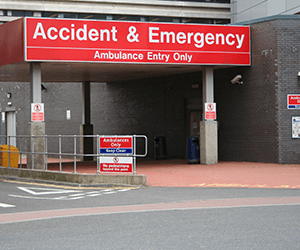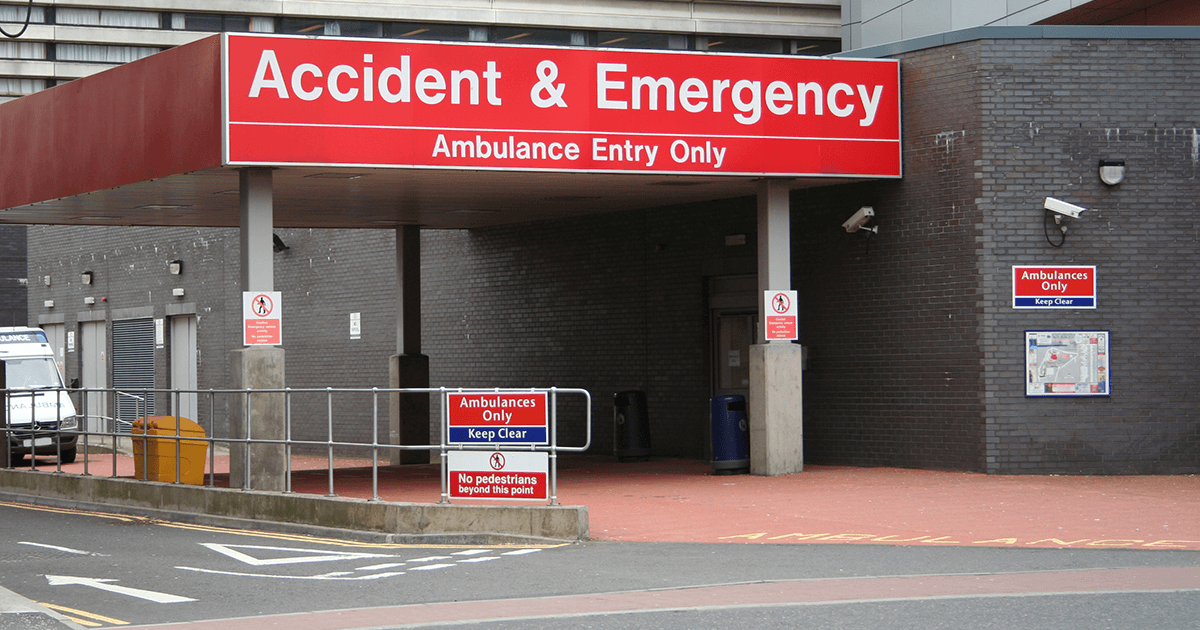Every year, people in the U.S. make 136.9 million visits to emergency rooms.1 That’s around 380,000 visits a day. It’s no wonder so many medical TV shows base their action in and around an ER. They’re busy places full of urgency. But is working in an ER the right nursing career for you?
To help you answer that question, here are some of the benefits and drawbacks of ER nursing.
The Best Parts of Being an ER Nurse
Meaningful Work
All types of nurses help people, but ER nurses get to help people in moments of truly urgent need. ER nurses can even save lives. You don’t get more meaningful than that.
A Wide Variety of Tasks
No two shifts in the ER are the same. As an ER nurse, you’ll always be seeing something new, which means you’ll regularly face new challenges and get to take on new tasks.
Lots of Learning Opportunities
Those new challenges and tasks come with the opportunity to learn new skills. Few other nursing careers give you so much experience in such a wide scope of injuries and illnesses.
A Teamwork-Oriented Environment
In order to efficiently and effectively address urgent medical concerns, staffs of ERs work in teams. Each team member is a vital part of helping the patient but it’s exceptionally rare for any team member to be left on their own.
Plenty of Excitement
While real ERs aren’t typically as drama-filled as their TV counterparts, they do experience their share of patients in crisis. These adrenaline-inducing moments keep the job from ever being too boring for too long.
The Challenging Parts of Being an ER Nurse
High Stress
For some, the constant variety and excitement of the ER can lead to a lot of stress. Even for those who are naturally calm, a job in an ER can occasionally feel overwhelming. To succeed, you need the ability to take a breath and stay centered, no matter what’s going on around you.
Emotionally Taxing
In an ER, you’re likely to encounter a lot of pain and tragedy. Victims of child abuse, horrific accidents, and terrible violence come through many ERs. Seeing such things can be emotionally draining. And that’s doubly true when patients die before you can save them. While it’s important to have empathy for your patients—empathy is essential to good nursing, after all—the best ER nurses have the ability to remain emotionally healthy, even in the face of other people’s suffering.
Constant Movement
While the best ER nurses enjoy the fast-paced, multitasking work environment, others can find the constant movement draining. You need to be able to handle multiple duties at once and keep going without many chances to catch your breath. Most ER nurses hit the ground running when they start their shift and don’t stop until their shift ends, except for whatever mandated breaks they may receive. Exceling in such an environment requires focus and stamina—and a good pair of shoes.
How You Can Enter the Best Nursing Career for You
If you’ve been thinking about changing or advancing your nursing career, perhaps ER nursing sounds like the perfect fit for your personality. Or perhaps it doesn’t. Either way, you can help yourself get ahead by earning a Master of Science in Nursing (MSN degree). Through an MSN program, you can gain advanced nursing skills and focus on specialized areas. It’s a great degree, whether you want to join an ER team of nurses, become a nurse practitioner, or enter a field like healthcare informatics. And thanks to online education, going to nursing school isn’t nearly as complicated as you might think.
Through an online MSN program, you can earn a master of science in nursing right from home or anywhere else you have internet access. Plus, a master’s in nursing online program will offer you plenty of scheduling flexibility, allowing you to choose when in the day you attend class. So instead of trying to work your shifts around your master’s in nursing program, you can work your program around your shifts.
Another advantage to online nursing schools is that in addition the standard BSN to MSN degree path, many of the best universities include an RN to MSN degree path. This path allows you to move from an RN to an MSN even if you hold a bachelor’s degree other than a Bachelor of Science in Nursing (BSN degree).
Not every nurse is cut out for the ER, but any nurse can benefit from a master’s degree in nursing. And, with the advantages offered by online learning, earning one is more possible than ever before.
Walden University is an accredited institution offering a Master of Science in Nursing degree program online. Expand your career options and earn your degree in a convenient, flexible format that fits your busy life.
1Source: www.cdc.gov/nchs/fastats/emergency-department.htm
Walden University is accredited by The Higher Learning Commission, www.hlcommission.org.





